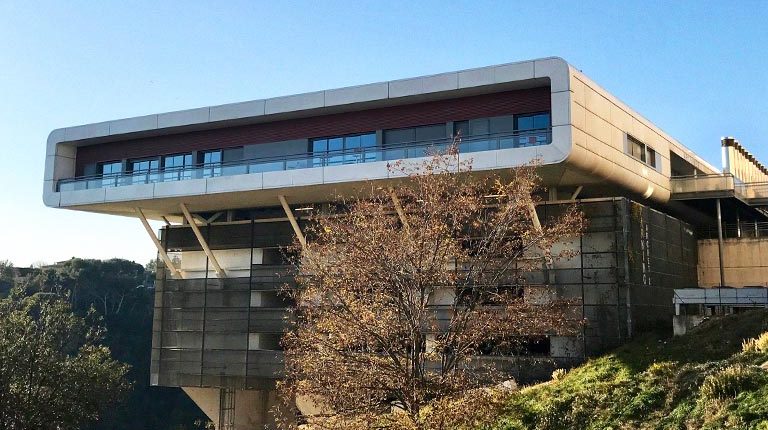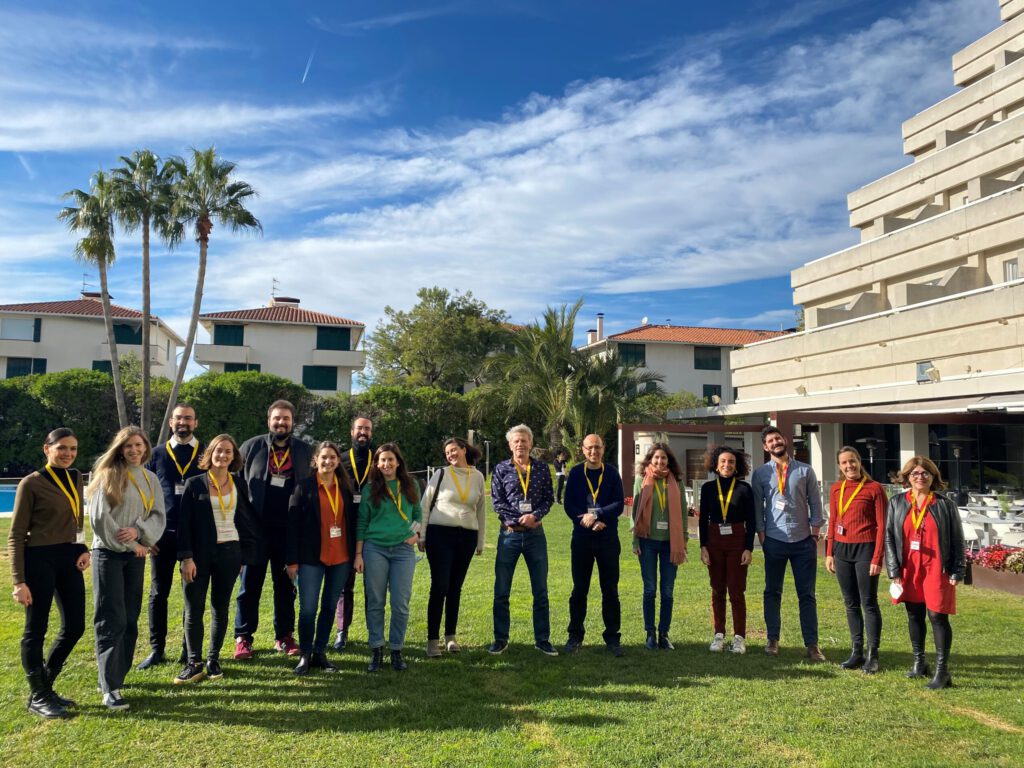META-CAN’s deputy coordinator, Jean-Ehrland Ricci has recently published a very relevant study on immunometabolism of cancer in Cell Metabolism. His work has identified a molecular pathway that leads to an enhanced anticancer immune response after protein dietary restriction.
New methods to induce immunosurveillance in cancer have become crucial for the development of effective therapeutic protocols. In previous studies dietary restriction has shown to affect tumor growth in a very variable and cancer type-dependent manner. However, the molecular bases underlying such effects are still largely unknown.
In this study, the use of isocaloric custom diets has allowed the researchers to find out that it is a low-protein diet but not a low-carbohydrate diet the responsible for the increased immosurveillance through the activation of the IREα/RIG1 axis. They have evidenced that the limitation of tumor growth is not due to an inhibition of the proliferation of cancer cells, but to an increase in the effectiveness of the immune response against cancer cells. IREα axis is responsible for the induction of the Unfolded Protein Response in tumor cells and its mediation of RIG1 pathway is accountable for the effects on the immune response.
Although these findings might be difficult to address in human cancer therapeutic approaches; the strict correlation between high IRE1α signature and increase in antitumor T cells markers found in patient databases suggests that protein restriction could be also relevant for cancer patients.
Low-Protein Diet Induces IRE1α-Dependent Anticancer Immunosurveillance.
Rubio-Patiño C, Bossowski JP, De Donatis GM, Mondragón L, Villa E, Aira LE, Chiche J, Mhaidly R, Lebeaupin C, Marchetti S, Voutetakis K, Chatziioannou A, Castelli FA, Lamourette P, Chu-Van E, Fenaille F, Avril T, Passeron T, Patterson JB, Verhoeyen E, Bailly-Maitre B, Chevet E, Ricci JE.
Cell Metab. 2018 Mar 1. pii: S1550-4131(18)30120-7. doi: 10.1016/j.cmet.2018.02.009. [Epub ahead of print]





